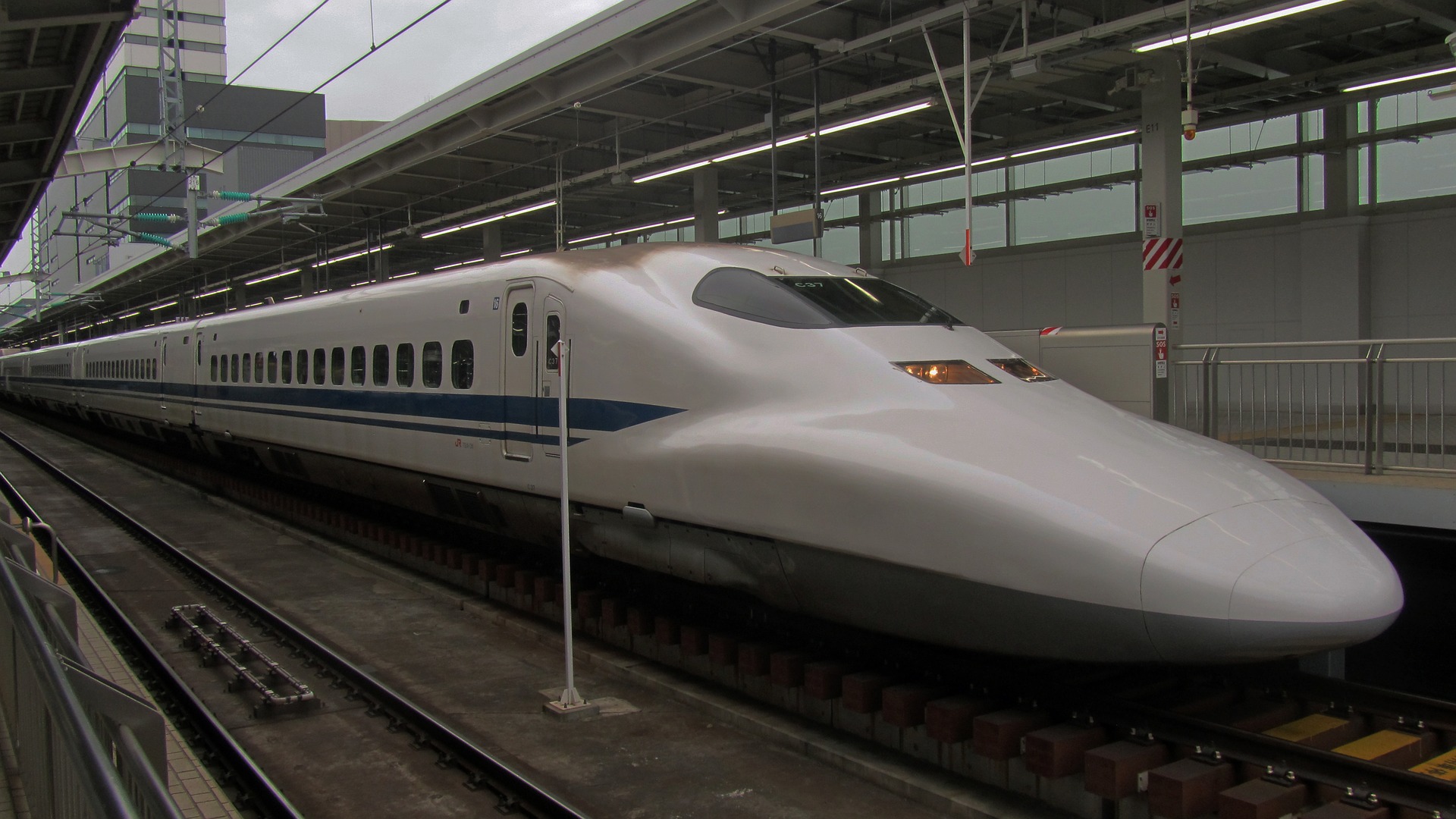It's hard to find markets that are unambiguously cheap at the moment. Yields are low and price/earnings ratios are high - especially in the US where the S&P 50 trades on a p/e of around 24.
But as is often the case, Japan is a bit of an exception. The Nikkei 225 is currently on a p/e of just 9, so is this an unambiguous bargain waiting to be snapped up?
Well, there are some grounds for optimism.
For starters, the trend appears to be your friend at the moment - the Nikkei is up 5% so far this year.
Prime Minister Shinzo Abe has worked hard to push through economic reform. New stewardship and corporate governance codes are encouraging management to act more in the interests of shareholders while companies can only gain admittance to the new(ish) JPX-Nikkei 400 index if they put a firm emphasis on boosting returns on equity.
The Bank of Japan also looks set to continue with its ultra-loose monetary policy. Interest rates will continue to stay very low and the Bank should continue to buy both bonds and equities to prop up markets.
On the downside, Japan has disappointed investors before. Granted Japanese markets had a very good run between 2012 and 2015, but the Nikkei is still a long below its 1989 peak. What's more, the population is ageing rapidly, and Abe's measures to encourage mothers back into the workforce have only partially mitigated the problem so far.
Japan's technological edge also isn't what it was. After all, no Japanese company has become a major player in mobile phones.
And perhaps most importantly, Abe's political position appears to be weakening. The Prime Minister only had a 36% approval rating in a recent opinion poll, and he may react to his unpopularity by halting any further reform. Alternatively his Liberal Democratic Party may give him the boot next year.
That said, a p/e of 9 is hard to resist. Just remember that if you do invest in Japan the Yen may go against you. It's very hard to know which way the Yen will go in 2018. The currency had a strong 2016, at least partly because of its traditional status as a 'safe haven' in times of uncertainty. It may benefit from the same phenomenon over the next year, and the currency could also be boosted if the Bank of Japan eased up on QE at all.
However, rate rises in the US could bring money from Japan to Wall Street and pull down the Yen as a result. Increased uncertainty around Abe's position could also hit the currency.
So it may be worth investing in a hedged Japan ETF such as the iShares MSCI Japan Monthly Hedged ETF. This ETF will partially protect you from any adverse movements in the Yen/Sterling exchange rate. However, you do have to pay extra for that reduction in risk with a 0.64% ongoing charge (OCF).


